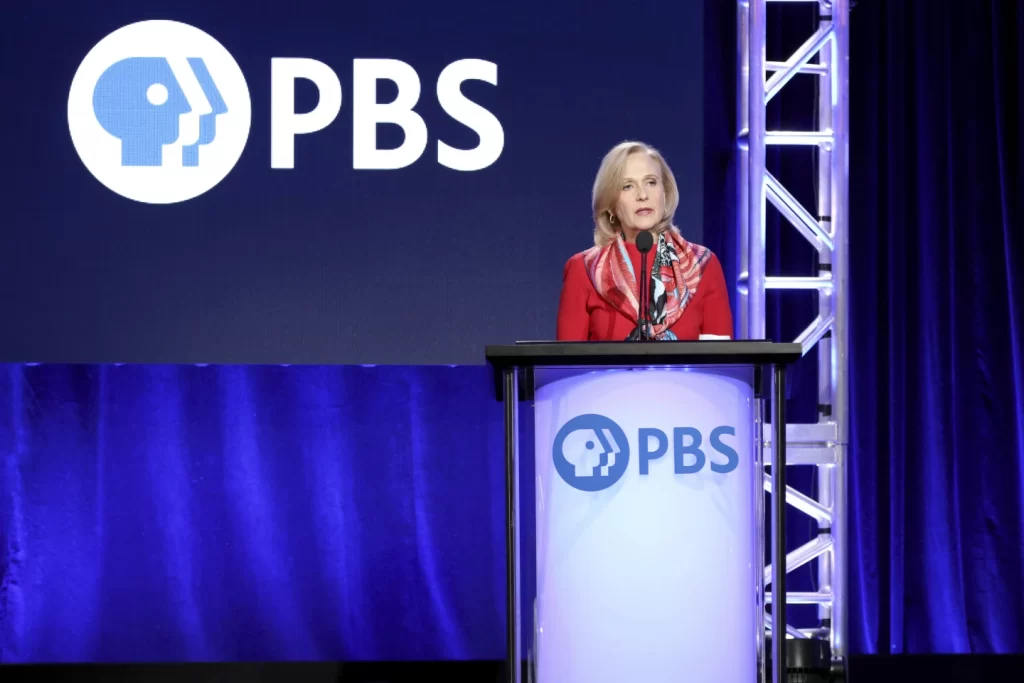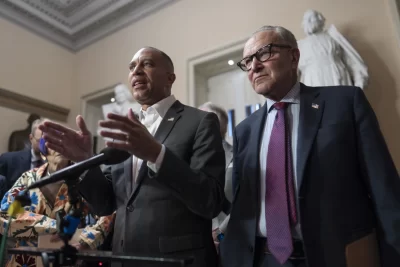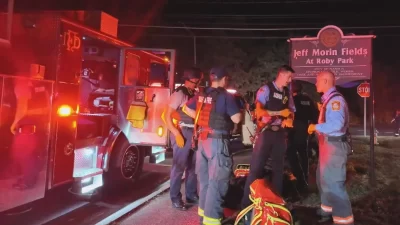
NEW YORK— Coping with a sudden loss in federal funding, PBS affiliate KSPS in Spokane, Washington, faced a surprise extra hurdle. Many of its contributing members — at one point almost half — lived in Canada, and they were withdrawing support out of anger at President Donald Trump’s desire to make the country the 51st member of the United States.
When Congress decided this summer to eliminate $1.1 billion allocated to public broadcasting, it left some 330 PBS and 246 NPR stations, each with unique issues related to their communities and history, to figure out what that means.
Many launched emergency fund drives and are heartened by the response. The national NPR and PBS networks are reducing expected dues payments, and a philanthropic effort focused on the hardest-hit stations is taking shape. No stations have shut down, but job and programming cuts are already beginning.
“We have definitely seen some attrition from our Canadian members,” said Skyler Reep, the station’s interim general manager.
Pleas for donations exceed expectations in many parts of country
Long suspicious of a liberal bent to public media news coverage, Republicans in Congress responded to President Donald Trump’s wishes in July and eliminated funding for the systems. The Corporation for Public Broadcasting, which distributes the funding, has taken steps to shut down.
In some parts of the country, the answer to pleas for help have exceeded expectations. Public radio station WHQR in Wilmington, N.C. raised more than $200,000 in three days, filling a $174,000 hole and then some. It’s a small community growing fast with an influx of retirees, many who depend on the station’s news to learn about their new home, said general manager Kevin Crane.
With $525,000 gone from its budget, Hawaii Public Radio has already raised $650,000 in an emergency fund drive. “It’s a validation that what you’re doing is essential to the community and is appreciated by the community,” said Meredith Artley, president and CEO. The 2023 wildfires in Maui and their aftermath were covered steadily by Hawaii Public Radio news reporters.
“The initial response in terms of support for both stations and the NPR network has been extraordinary,” said Katherine Maher, NPR president. “People did a lot of work leading up to the vote, in actions and calls. When that did not prove convincing, they turned to direct support.”
Stations across the country have stories that make them smile: the youngster from Florida who collected money for public stations in Alaska, sending a note written in crayon; the regular $300 donor who came in to PBS SoCal with a $100,000 check, one of three six-figure donations the station has received.
Most stations aren’t in areas with so many wealthy donors. Most station managers are like Jeff Hanks of PBS’ LPTV in Lakeland, Minnesota. He lies awake wondering where he will find $1 million to pay for things like his station’s nightly newscast, a primary news source for central and northern Minnesota.




